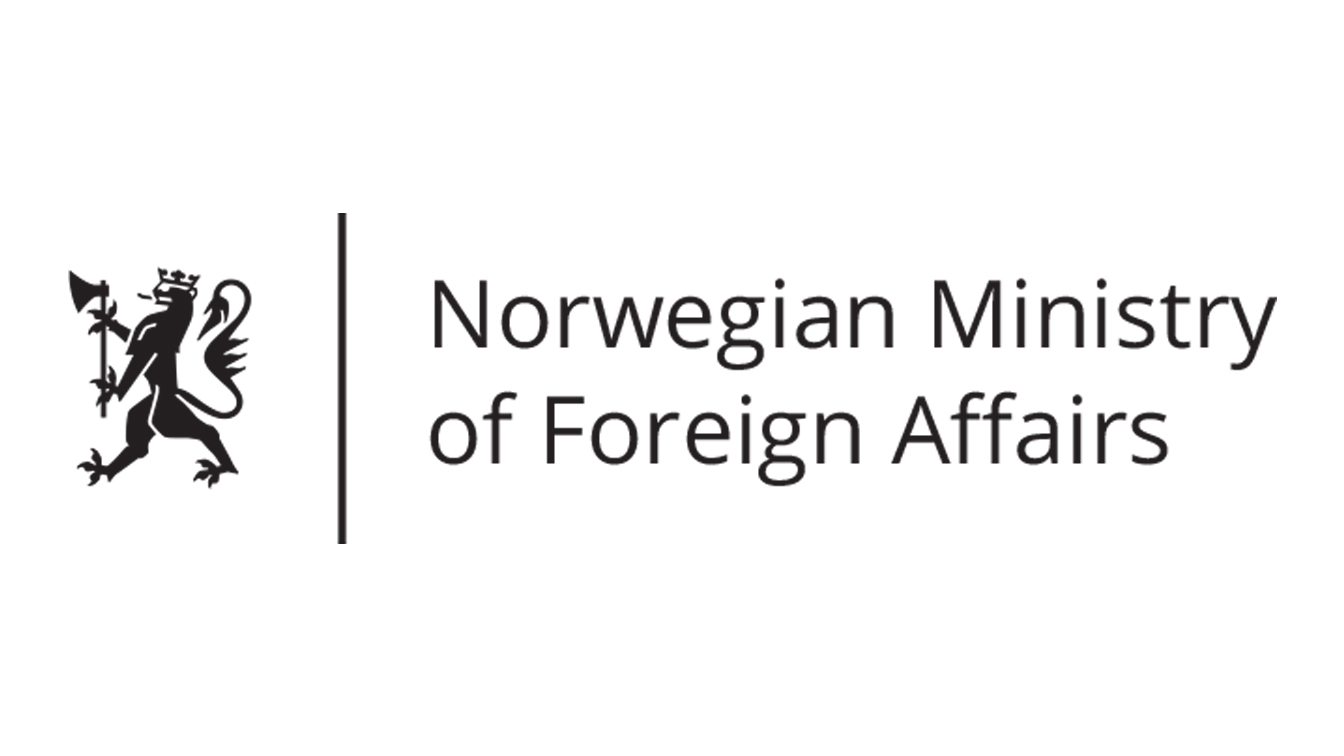
Blackouts and Backsliding: Energy subsidies in South Africa 2023
Blackouts and Backsliding presents the latest energy subsidy data for South Africa. South Africa's fossil fuel subsidies tripled between FY 2018 and FY 2023, from ZAR 39 billion (USD 2.9 billion) in FY 2018 to ZAR 118 billion (USD 7.5 billion) in FY 2023. The largest share of fossil fuel subsidies in South Africa in FY 2023 went to oil and gas consumption, carbon tax exemptions, and the electricity sector.
-
#Breaking | #SouthAfrica's fossil fuel subsidies hit a record ZAR 118bn in FY 2023. A new @IISD_Energy report finds that: Fossil fuel subsidies have tripled in 5 years. State support for #CleanEnergy remains minimal Learn more: https://www.iisd.org/story/south-african-energy-subsidies
-
Despite rising energy subsidies, loadshedding in #SouthAfrica hit record highs in 2023, occurring 335 days of the year. How can South Africa improve its energy security and hit #CleanEnergy targets? A new @IISD_energy report outlines a way forward: https://www.iisd.org/story/south-african-energy-subsidies
-
Oil & gas subsidies in #SouthAfrica reached ZAR 52bn in FY 2023 as the gov't looked to shield consumers during the #EnergyCrisis. IISD research finds shifting to renewables would support long term #EnergySecurity & affordability. Read the @IISD_Energy report: https://www.iisd.org/story/south-african-energy-subsidies
Are South Africa's energy subsidies aligned with its objectives for the energy sector and transition? Will subsidies help South Africa deal with its loadshedding and electricity sector crisis?
Participating experts
You might also be interested in
Unlocking Clean Power for All
This report uses tipping point theory to advise where public funding can be strategically directed to catalyze renewable energy deployment in developing and emerging economies.
What Will Happen at COP 29?
Talks at the 2024 UN Climate Change Conference (COP 29) will range from defining a way forward on finance through a new collective quantified goal (NCQG) to mitigation, and loss and damage. Ahead of negotiations in Baku, IISD’s Earth Negotiations Bulletin Team Lead Jennifer Bansard examines the agenda and breaks down what to watch as eyes turn to Azerbaijan.
How Indonesia's Incoming President Can Advance the Transition to Clean Energy
With Prabowo Subianto inaugurated as Indonesia’s President, speculation abounds about the new administration’s commitment to the clean energy transition and climate targets, given Prabowo’s positioning as the “continuity candidate.” The question is, what, exactly, will be continued?
COP 29 Outcome Moves Needle on Finance
In the last hours of negotiations, concerted pressure from the most vulnerable developing countries resulted in an improved outcome on the finance target, with a decision to set a goal of at least USD 300 billion per year by 2035 for developing countries to advance their climate action.
